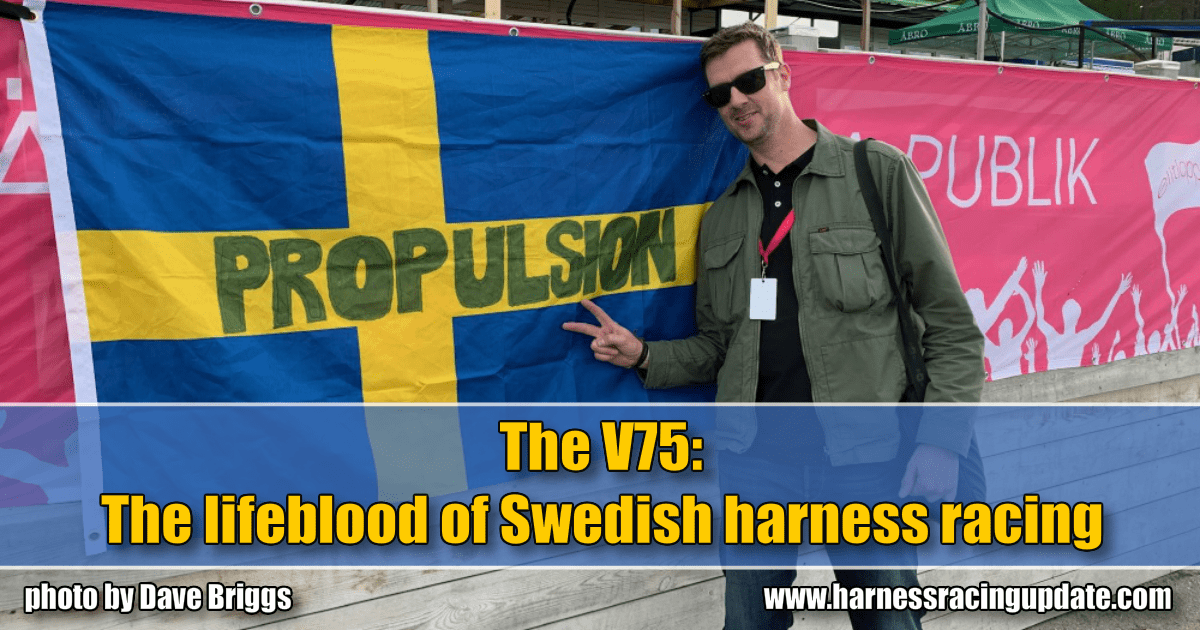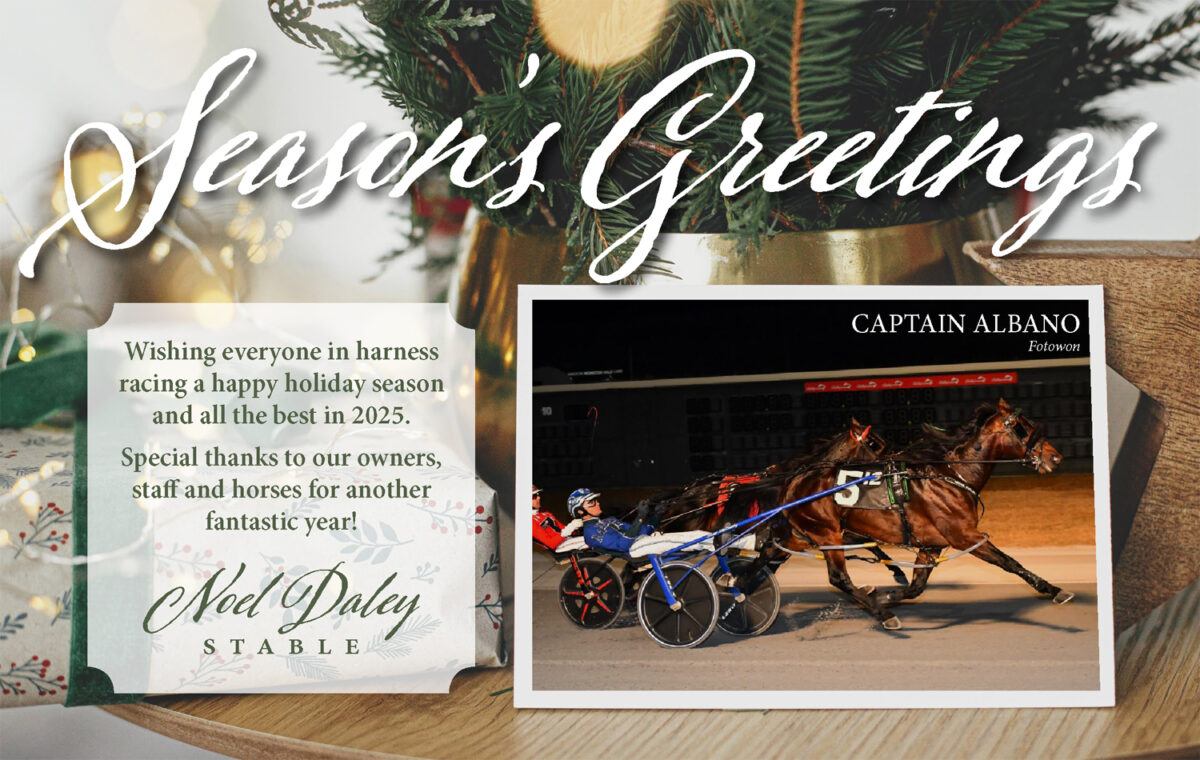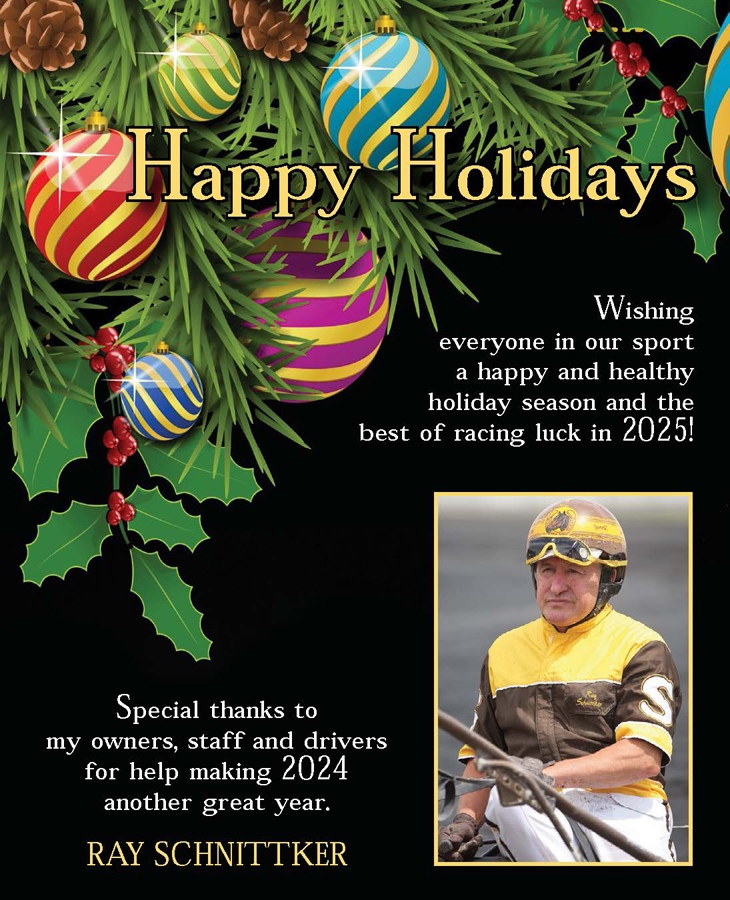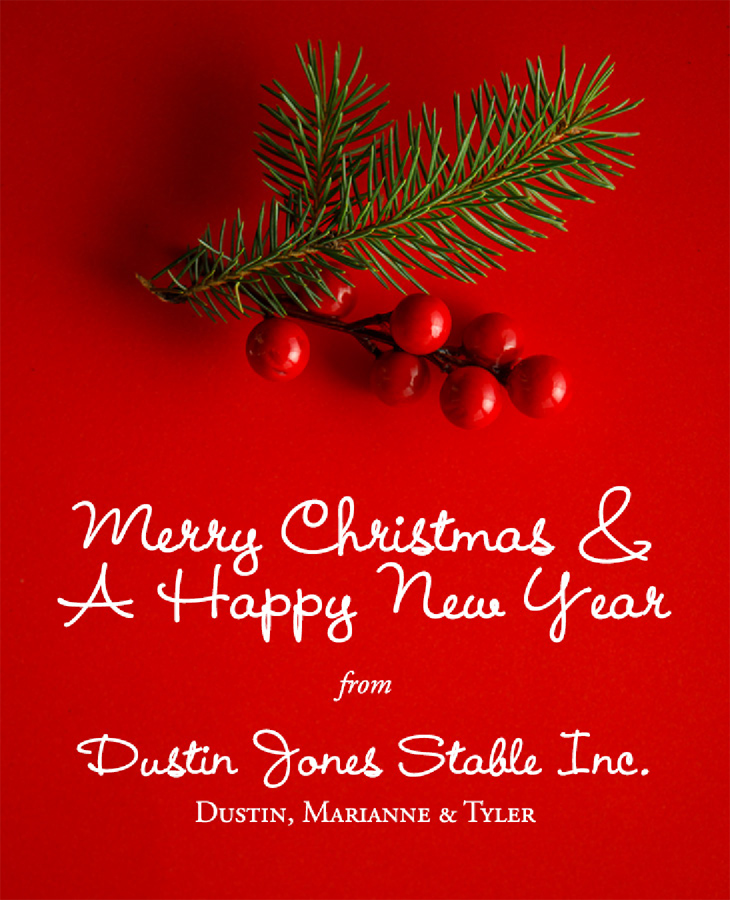

The V75: The lifeblood of Swedish harness racing
National exposure and the possibility of a life-changing score while betting on horses has made the V75 lottery wager a boon to Sweden’s trotting industry — and there’s not a casino or slot machine in sight.
by Dave Briggs
HRU’s European correspondent Thomas Hedlund said Sweden’s V75 bet is the single biggest reason harness racing has been thriving in his country since the jackpot-style wager was launched more than 25 years ago.
“Since (Swedish betting regulator) ATG started (the V75) in 1993, the whole sport got an injection of interest – in the horses, and trainers and drivers. In addition to that, people could bet small money and win much money,” Hedlund said.
Unlike North American operations, Swedish harness tracks do not have casinos or slot machines to sustain them. Hedlund said they rely on the V75, a popular national bet that requires punters to pick the winners of seven specially-selected races on a card.
“There are 9 million people in Sweden and during the year 2 million people bet on V75,” Hedlund said of the wager that people can make online, on their phones, at kiosks in grocery stores and at some gas stations.
As U.S.-born, Swedish-based trainer Jerry Riordan said, making the V75 available in family-friend areas such as grocery stores and gas stations — as opposed to bars that operate betting shops in France — creates great acceptance and exposure for the sport throughout Sweden at a young age. Harness racing is, surprisingly, a younger person’s game in Sweden compared to North America.
Even more exposure for the sport is achieved through live broadcasts of all V75 races on a Swedish national TV channel.
What’s most appealing about the bet is the potential for large jackpots. The payout record for the V75 is a life-changing 67.3 million Swedish Crowns (approximately $6.73 million U.S. dollars).
Riordan said, few people know someone that has won the lottery, but most people know someone who has hit the V75.
Hedlund can attest. His personal best is hitting the V75 for about $89,000 (U.S.).
“We were 15 people sharing, so it was great. It was the summer of 2013. I composed the (ticket) and I was a wreck after the sixth race, because I only had two horses in the last race and one of them made a break early and disappeared from the race. The other one won and we got 892,000 Swedish Crowns, which is approximately $90,000. It was a great, great summer night,” Hedlund said.
Asked how he celebrated, Hedlund laughed.
“I think I bought a new vacuum cleaner,” he said.
On Saturday, Hedlund explained how the V75 works while crafting a ticket in which he successfully picked four of the seven winners.
The V75 is usually offered once a week, normally on a Saturday — the exception being Elitlopp weekend when it is offered both on Saturday and Sunday. The track for the V75 races changes from week to week. Unlike North American races which are almost always contested at a mile, the V75 races offer different distances and starting methods to enhance the handicapping challenge. On Saturday, the last leg of the V75 was a race that was nearly two miles in length requiring three trips around the Solvalla oval.
Saturday’s V75 at Solvalla paid approximately 10,000,000 Swedish Crowns (around $1 million U.S.)
“One week, you could win maybe $300 dollars if you pick all seven. Next week, you could win $1 million, depends on what horse wins, obviously, but this is the charm about this game,” Hedlund said.
The ATG also offers a V65, which requires bettors to pick the winners of six races, a V5, which requires bettors to pick the winners of five races, and so on. But the V75 is king in Sweden.
Think of it as a lottery asking people to handicap races rather than pick numbers. Instead of watching bouncing ping pong balls get selected out of a hopper, people watch horses race.
“You’ve got living creatures, animals and people. In Sweden, agriculture is so important. We don’t just have Stockholm, there are lots of small villages around this quite long country with lots of agricultural issues. The horse business, even if it’s riding horses, harness horses, gallop horses, it’s so important. I think just in the harness business, it’s 30,000 or 40,000 people involved,” Hedlund said. “We are 9 million people living in Sweden and 40,000 of them are in some way directly involved in harness racing business – working with horses, food for the horses, transport… so (the V75) is an important thing that this keeps going.”
It not only creates great exposure for the sport nationwide on a lottery distribution system, “this is money that the track owners get back,” Hedlund said.
He said sometimes horse owners are as excited to win a V75 race as a major stake.
“For the owners, it’s a thrill to win V75. They are so happy. You’ll see it today, I promise you,” Hedlund said.
As to why other countries don’t follow Sweden’s lead and adopt the V75, Hedlund shook his head.
“I don’t know. I really don’t know. They should see and learn,” Hedlund said.














